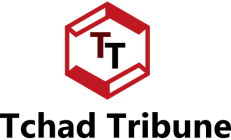Tinubu underscores importance of sustaining democracy
President Bola Tinubu on Thursday in Abuja emphasised the importance of sustaining democracy, its norms and institutions.
The president spoke at the Presidential Villa when he received a Letter of Credence from the newly appointed United States Ambas…
